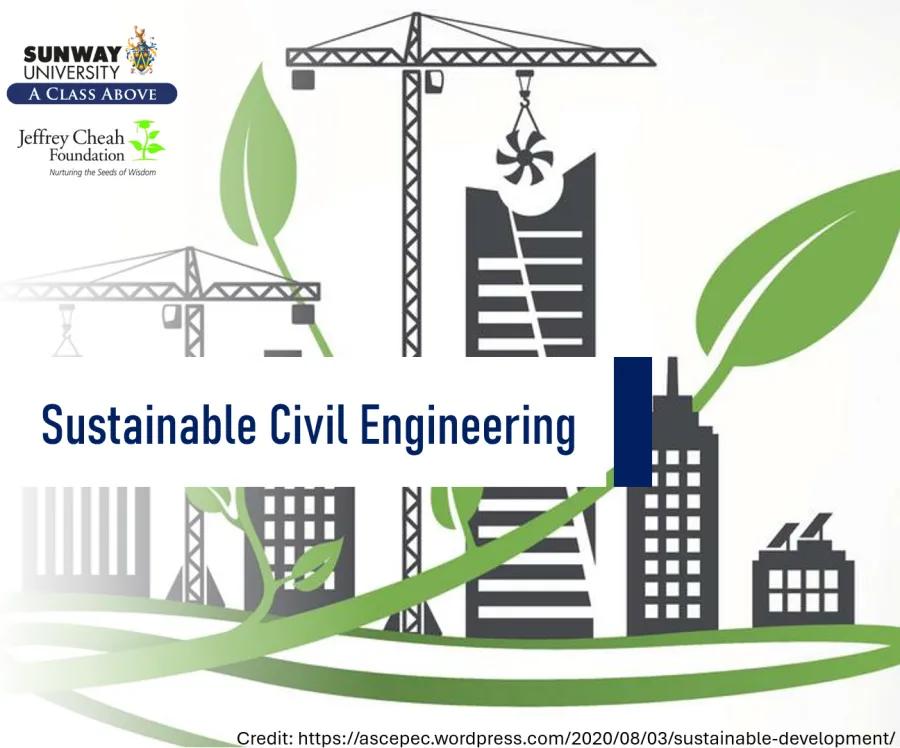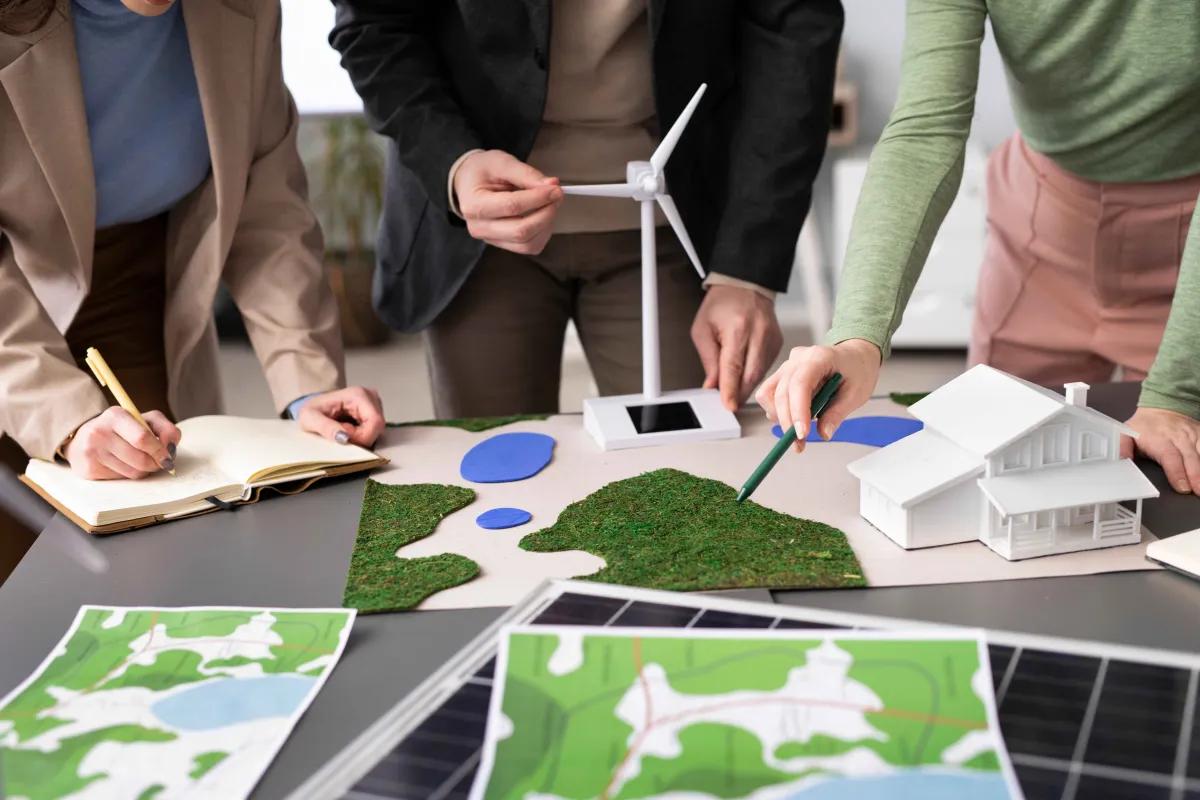Achieving SDGs Through Civil Engineering: A Blueprint
Civil engineers play a pivotal role in planning, designing, constructing, and maintaining infrastructure critical for societal well-being, economic progress, and environmental sustainability. Ranked #4 in Best Engineering Jobs by a US News survey, their contribution is integral to shaping modern civilization and enhancing the quality of life. In Malaysia, civil engineering is highly desired and ranks among the highest-paying jobs.
Sustainable Development Goals (SDGs), also known as Global Goals, were adopted by the United Nations in 2015. They were designed to provide a universal framework to address global challenges while promoting economic growth, social inclusion and environmental sustainability. These goals are planned to be achieved by 2030 so that everyone can enjoy peace and prosperity. The 17 SDGs are integrated — they recognise that action in one area will affect outcomes in others, and that development must balance social, economic and environmental sustainability.
Civil engineers, therefore, have a crucial role to play in designing green, low-carbon, resilient and safe infrastructure solutions. For example, permeable pavements, green roofs, and constructed wetlands to manage stormwater, reduce urban heat, and enhance biodiversity (this is stated in goals 9 and 11 of SDGs). They use sustainable materials like recycled resources to design energy-efficient buildings for sustainable cities.
Additionally, civil engineers are important in addressing global challenges, such as climate change, population growth, and urbanisation. They contribute to designing and managing water supply systems, wastewater treatment plants, and flood control measures. They also help in designing transport networks which aim to improve traffic flow, reduce congestion, and enhance efficiency and safety. Civil engineering projects have significant economic impacts, such as generating employment, stimulating investment, and contributing to economic growth.

In Malaysia, the Green Building Index (GBI) is an industry-recognised tool promoting sustainability, facilitating the construction of green buildings that foster energy and water savings, healthier indoor environments, improved public transport connectivity, and reduced environmental impact. Civil engineers in Malaysia therefore are expected to integrate eco-friendly designs, materials, and construction techniques into projects, ensuring adherence to GBI standards for energy efficiency, water conservation, and environmental responsibility.
With cutting-edge technologies, such as Building Information Modelling (BIM), Internet of Things (IoT), 3D Printing, Drones, Augmented Reality (AR) and Virtual Reality (VR) and Artificial Intelligence (AI) and Machine Learning (ML), revolutionising the field preparing civil engineering students for emerging technologies and industry demand is imperative.
Sunway University's Bachelor of Civil Engineering with Honours program, targeted to launch in 2025, pledges to integrate these state-of-the-art technologies and ensure students receive a comprehensive education tailored for success in the dynamic realm of civil engineering and to fulfil industry demand.
Students will also learn about Sustainable Engineering Design (SED). The course is founded on Project-Based Learning (PBL) and has UN Sustainable Development Goals (SDGs) as its themes to allow students to gain a systematic real-world project orientation and sustainability-focus learning experience. In addition, they will explore Artificial Intelligence applications, such as machine learning algorithms for infrastructure management, risk assessment, and design optimization which will help in preparing them to integrate AI into civil engineering projects for enhanced efficiency, sustainability, and resilience in infrastructure development.
References
1. https://money.usnews.com/careers/best-jobs/civil-engineer
2. https://www.uow.edu.my/blog/highest-paying-jobs-in-malaysia/
3. https://www.un-ilibrary.org
4. https://www.greenbuildingindex.org/
Associate Professor Ir Dr Ali Najah Ahmed Al Mahfoodh
School of Engineering and Technology
Email: @email
Associate Professor Dr Daniel Looi Ting Wee
School of Engineering and Technology
Email: @email




